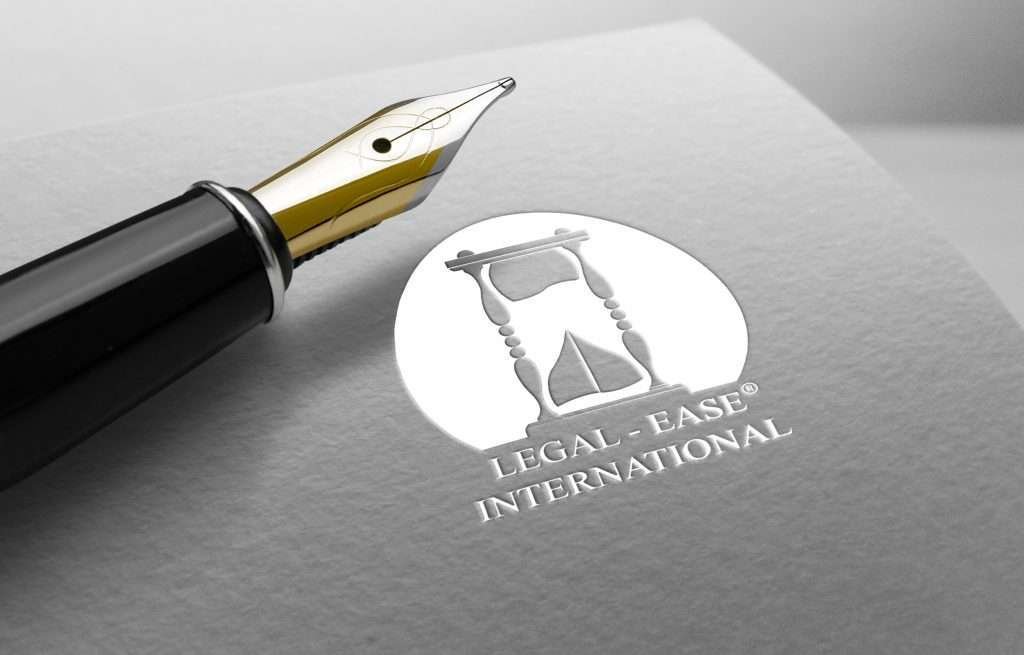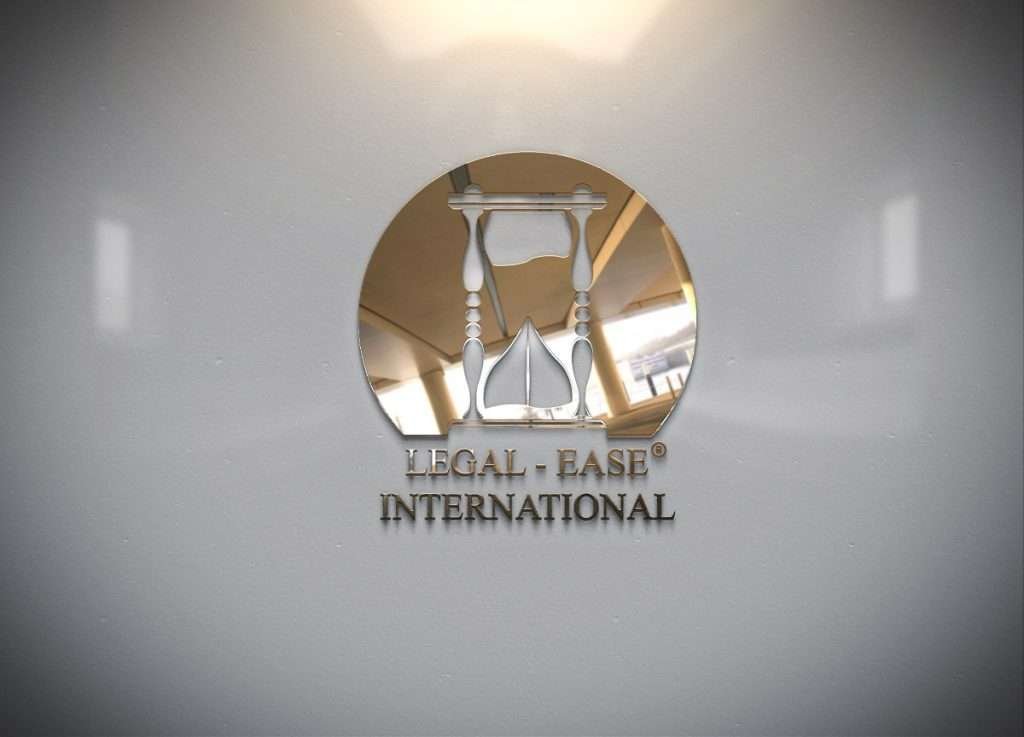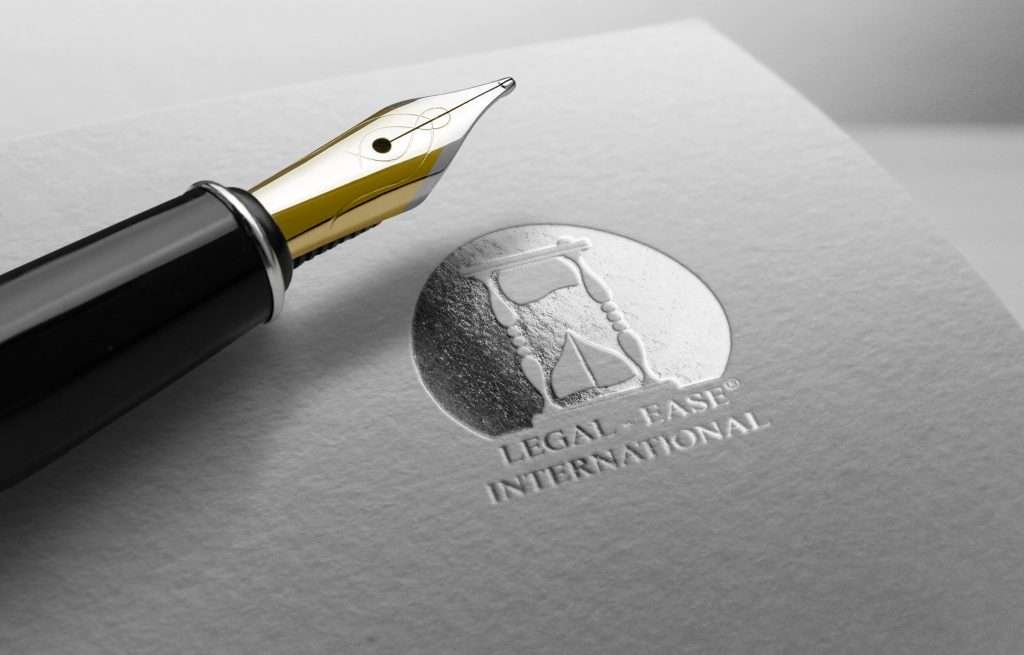
Abuse from Clients
What exactly do lawyers do and what happens when the limits are pushed?
By Dena Falken
Lawyers are people trained in legal aspects that can represent clients in court; often referred to as a lawyer or solicitor may perform a number of roles, depending on the circumstances. As lawyers, lawyers can represent any party in criminal and civil matters, present evidence and defend themselves in court in support of their client; this arena of law enforcement is not one that everyone likes, and many of them have never entered the courtroom. When you act as legal counsel, it is your responsibility to provide legal advice; this can only be to clarify a legal issue.
The person who primarily practices law in court is a lawyer; it does not suit everyone, because it requires quick thinking and confident posture, and those who prefer to do their job are paid very well. Much of the legal work is done outside the courtroom; much of the work involved is case analysis of interviews, statements and evidence, as well as the legal process to be verified and monitored.
The legal system affects almost all aspects of our society; therefore, lawyers are highly valued, but must live, live and work according to a strict code of ethics. More detailed aspects of their position depend on their area of expertise, but they are all entitled to represent the parties in court if necessary. There is a specialized branch of the legal system for almost every area of society; such as constitutional law, criminal law, international law, adoption and identity theft.
This specialization means that some lawyers may never have to practice their skills in court! Those who choose to become environmental experts can represent any party to a controversial issue; some are construction companies, government agencies and oil companies. This work will often be daily, as it concerns, for example, planning and permitting requirements; however, it also protects the companies in which the claims are asserted.
The area of growth for lawyers in recent years has been intellectual property rights; an area that has grown thanks to the use of digital products; such as music and video. Lawyers who have decided to become insurance law specialists are often employed by insurance companies for an indefinite period; its purpose is to protect the interests of society from false claims and to provide advice on the legal conditions used in policies.
The vast majority of lawyers work in the private sector, where they can focus their energy on criminal or civil law; lawyers represent those accused of crimes, both advocacy and prosecution; while civil law deals with civil disputes usually between two parties. At the top of the list are legal experts who deal with important cases of the so-called “public interest”; these can be, for example, lawsuits and legal representation that affect the general public. Lawyers with a slightly greater social awareness are those who work for charity and legal aid; it seeks to serve the poor, wherever they are, from often oppressive governments and corporations.
WHAT IS HARASSMENT
The law says that harassment is when a person behaves in a way that should cause fear or anxiety. The behavior must occur repeatedly. It can be the same type of behavior or different types of behavior on all occasions. For example, a text message that is supposed to annoy you is not harassment. Two texts can be annoying. A text message and a phone call can also be intimidating. Harassment can include things your rapist said or did. The incidents may have happened recently or several months apart. When determining whether your rapist’s behavior constitutes harassment, the court will consider whether a reasonable person with the same information as your rapist would consider harassment. Harassment can be a number of things, such as:
- SMS, answering machine, letter, or email
- Comment or threat
- Stand in front of someone’s house or drive around it
- Violent act
- Damage to other people’s property
- Maliciously and unfairly report to the police if you have done nothing wrong
WHAT SHOULD I DO WITH AN ABUSIVE CUSTOMER?
Harassment
If you are mistreated in the workplace, you have the right to act. If a customer or supervisor says or does something inappropriate, your employer is responsible for punishing that person and taking steps to ensure your work environment is not threatened. If the abuse continues, you can take legal action against the company. But what happens if the aggressor is not an employee of the company? What to do if a customer treats you inappropriately?
Despite the inability to punish or terminate an abusive customer as an employee, your employer remains responsible for protecting you from abuse or harassment. Unfortunately, when customers are valuable to a company, some companies are hesitant to act.
Report Harassment or Abuse
First, make sure your employer knows what’s going on. If you don’t report abuse, your employer may not know how you are being treated as a customer. Sometimes client meetings are private or offsite, so your employer only knows how much you share. Unfortunately, misplaced meetings put you at greater risk of certain forms of abuse because the environment is less professional. Employees sometimes cross the fine line between making a deal and sending signals that can be misunderstood.
If something unpleasant happens to you, report it to your employer. They are required to keep their workplace safe and discreet under all circumstances. It doesn’t matter whether the abuse or harassment was perpetrated by a Company employee or by a customer or customer, and it doesn’t matter whether the problem took place on Company premises or not.
What Can You Expect From Your Employer or Association of lawyers?
Fighting for your rights and expecting an employer to do the same can be a frustrating experience. When a customer or client is valuable, your employer may be tempted to put things in order. Angry employees have been instructed to ignore inappropriate behavior or “please customers” in situations where employers are responsible for protecting their employees. Victims were even unfairly fired after incidents involving customers of misconduct were reported.
Your employer or Association of lawyers must protect you from a violent customer. Whether it means breaking a relationship with a customer or no longer contacting that customer, something needs to be done to rectify the situation. Some employers do not tolerate bad behavior, while others understand that it is difficult to expect customers to follow company policies, but know that they have a responsibility to their employers. As long as you are no longer in danger, your employer has done his job.
Legal-Ease International The World Leader in Legal English www.legalenglish.com


